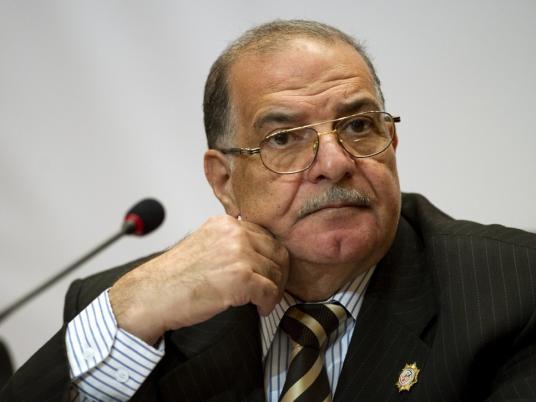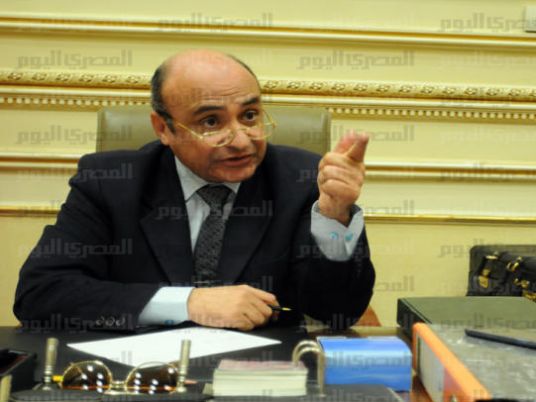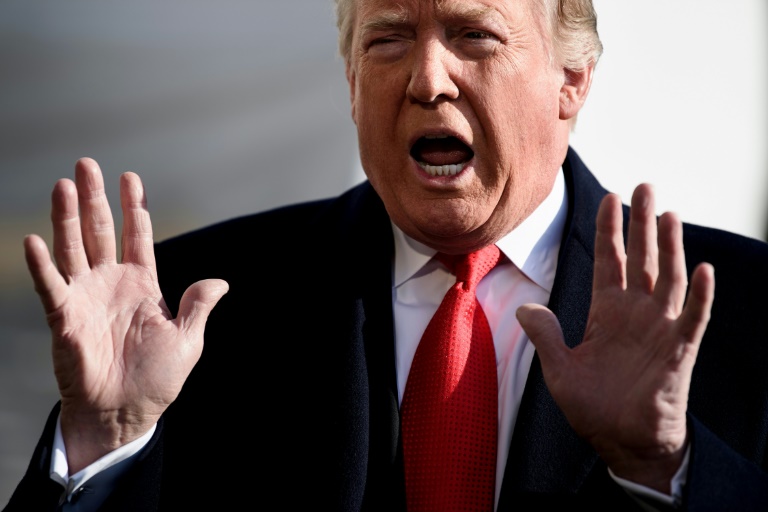
In his position as head of the Cairo Appeals Court, Abdel Moez Ibrahim has found himself at the center of some of the most contentious debates of the tumultuous political transition, from the NGO closures case to the administration of the parliamentary and presidential elections. But many advocates of judicial independence and more transparent governance have raised questions about Ibrahim’s role.
Ibrahim found himself in the middle of a media firestorm last month when he lifted the travel ban on foreign defendants accused of working in Egypt in contravention of laws governing civil society. The decision to lift the travel ban allowed the NGO workers to leave the country immediately. Despite the uproar, it was never explained why the ban was lifted.
The decision to lift the ban cast doubt on the independence of Ibrahim and of the judiciary more generally. It is believed that the decision was made at the behest of the Supreme Council of the Armed Forces after negotiations with US diplomats.
“There were orders that involved the higher sovereign entities of the state. Ibrahim was caught in the middle and didn’t really have a choice,” a public prosecutor who requested anonymity said about the case.
Ibrahim is also responsible for heading the High Judicial Elections Commission, which oversaw the parliamentary elections and will be charged with executing the general referendum on a constitution at some point in the future. He is also a member of the Presidential Elections Commission, which will oversee the upcoming presidential elections. That will likely be his last role, as he is due to retire at the end of June.
Some question Ibrahim’s competence. Negad al-Borai, a lawyer who represented defendants in the NGO trial, said: “His performance was weak in the parliamentary elections, he had little experience in these matters and the committee had too few tools to handle the elections appropriately.”
“He couldn’t take a stance against illegal campaigning violations during the elections and the use of religious slogans, which was illegal,” Borai added. “He also did not set up a proper complaints process for these violations.”
Parliamentary elections were marked by campaign violations from practically every party and candidate. These violations went unaddressed, which emboldened political parties in the later rounds of the parliamentary elections to continue them.
Ibrahim and the High Judicial Elections Commission received much criticism for their impotence in the face of violations of the laws they were supposed to enforce. Now he sits on the Presidential Elections Commission, which has also failed to reign in violations of the laws that are supposed to prevent campaigning before the designated period starts.
Ibrahim wields other forms of power. In his position as head of the appeals court, he picks the judges who preside over cases going through the legal system, as well as the districts in which they are heard.
He also has the right to ask judges to recuse themselves from certain cases, though they might not necessarily agree with his decision. Last month, a judge accused Ibrahim of asking the presiding judge of a case involving former Prime Minister Atef Ebeid and former Agriculture Minister Youssef Waly to step down, but the judge refused. Ebeid and Waly were both sentenced to 10 years of hard labor in that case. Ibrahim also requested the judge in the NGO case recuse himself.
Nasser Amin, head of the Arab Center for the Independence of the Judiciary, one of the groups under investigation in the NGO trials, said of Ibrahim: “He is a Mubarak-era prototype, and he was the one who decided the judges and the districts in cases involving political opponents of the Mubarak regime,” such as liberal opposition activist Ayman Nour, dissident Saad Eddin Ibrahim and Muslim Brotherhood leader Khairat al-Shater.
Nour and Shater both attempted to run for president, but were disqualified by the Presidential Elections Commission because of their previous convictions.
“His intervention in the NGO case shows that he might intervene in any of the elections he oversees,” says Amin. “He used to work at the Justice Ministry and seems amenable to taking orders and using his position to carry them out.”
Ibrahim was also head of the appeals courts in Tanta, Ismailia and Beni Suef before being appointed as head of the Cairo court, the biggest. Prior to that, he had a six-year stint in the United Arab Emirates as head of the Sharia Court.
After the NGO furor, Ibrahim was subjected to a mutiny from the judges within the appeals court circuit, but scraped through a vote of no confidence after a miniscule number of the judges showed up for the vote.
He later took out an advertisement in the state-owned Al-Ahram newspaper thanking those who stood behind him, which prompted Cassation Court Vice President Zaghloul al-Balshy to file his third complaint to the attorney general against Ibrahim in less than a year.
“He is giving the judiciary a bad name, and then he sends a thank-you note in a state newspaper and brings it all up again,” said Balshy.
Ibrahim is also the judicial guardian of the syndicate elections in Egypt, which means that he is brought in if there is a challenge to any election results. He has been criticized for overstepping this supervisory role, even beyond initial challenges.




